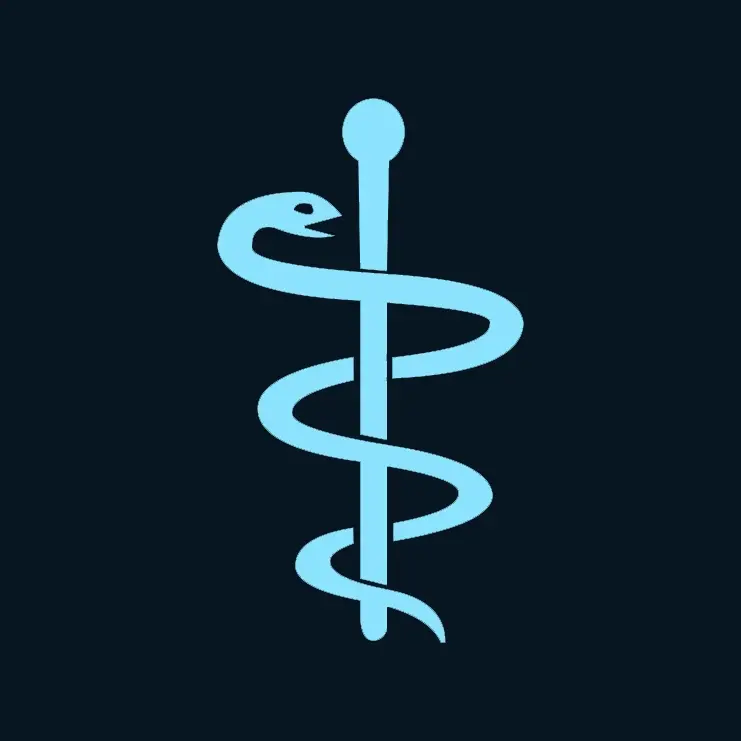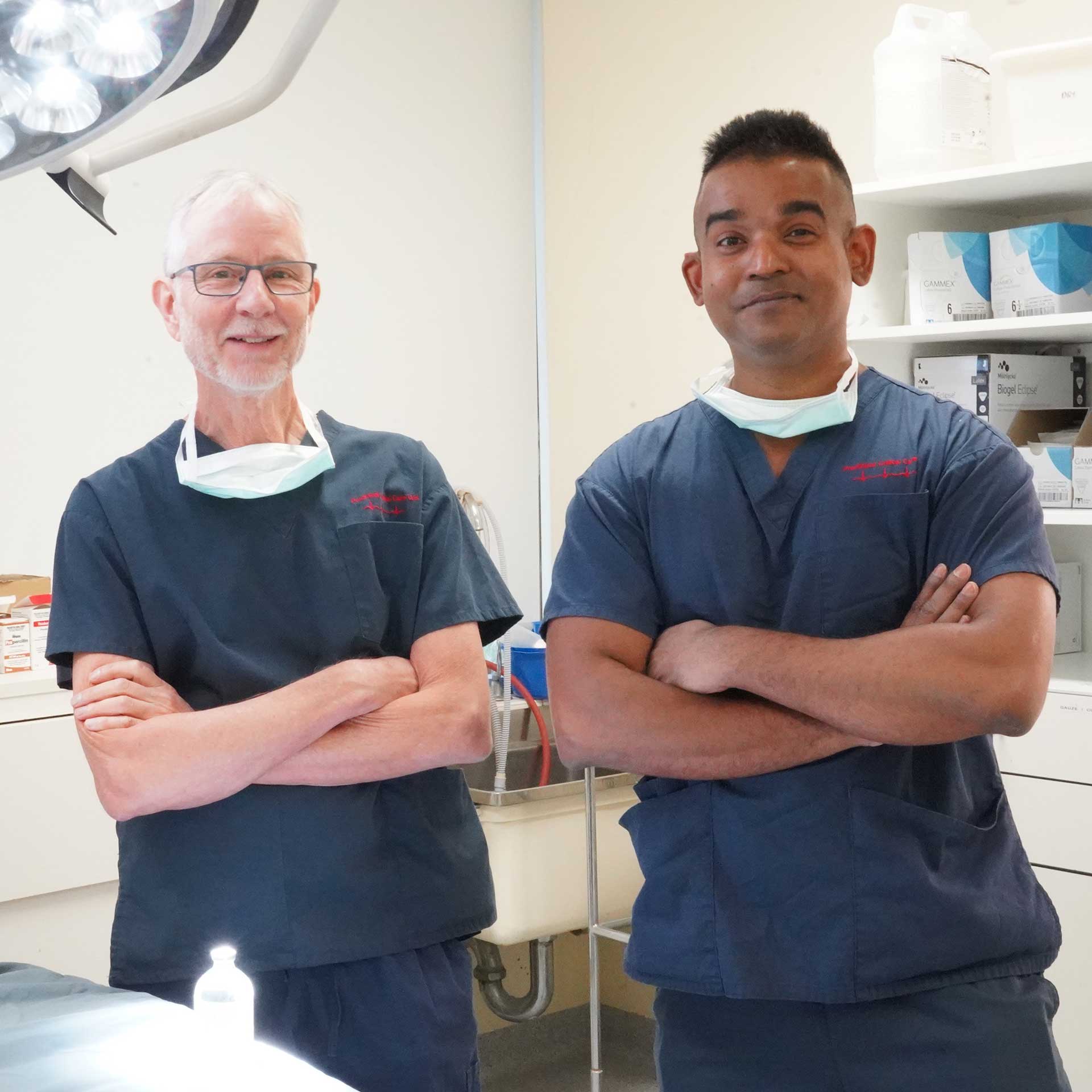I know modern scientific processes require blind studies to prove effectiveness of a new drug but imagine being in a grave spot and you're given access to a potential life saving treatment, you get some hope back that you might pull through but you end up being one of the placebo recipients. Damn.
I think it's important to remember that you're also talking about maybe or maybe not receiving an experimental, unproven treatment that has the potential to make things worse rather than better. If that's the case, you'd be happy to be the one receiving placebo.
It's just a concentrated high dose of vitamin c, though. It's already used for other things and deemed safe. You can just buy it off Amazon.
So in the case of most trials, I'd agree. Less so with this trial, though.
Also, the article is pretty vague on the details of how much help it really wound up being.
Oh, that in no way means it's not going to be harmful in the context of life-threatening sepsis. One of the things the study authors checked for is evidence of oxalate crystals forming in the kidneys because high dose vitamin C can cause kidney stones.
In healthy kidneys, that's a survivable inconvenience. In a severely septic patient? Their kidneys are already not working. That could shut them down completely.
(I'm a critical care nurse. First thing I wondered about was kidney stones.)
I think this is important context that you don't see in that press release (and which is why I would advise the community to favor posting studies more than news reports):
"Our findings appear to differ from those of recent randomized controlled trials, which assessed the effect of very high dose vitamin C in patients with sepsis."
This is one 30-person trial in a sea of trials that have been pretty equivocal so far regarding high dose vitamin C in sepsis.
Also, as a critical care nurse, I'd probably be inclined to advise against using 24 hour urine output as a primary endpoint. Not that I'm saying we're not perfect! (Lol) But there are those days when everything is so busy that the exact urine count isn't the highest priority. Sometimes the urine output number sits in the back of your head with a binary "enough" or "not enough" tag and you might miss putting one of the times you emptied the urine bag into the computer.
I don't love that, but the state of hospital staffing and having extremely ill human beings trying real hard to die on you sometimes forces you to prioritize things that are all important. And of the important things, as long as urine output exceeds the "enough" threshold, it's not the most important important thing.
Not every day will be so swamped that it forces that kind of compromise, so the numbers will average out over the course of a few days, which appears to be reflected in this study.
The actual study, for reference: https://ccforum.biomedcentral.com/articles/10.1186/s13054-023-04644-x



